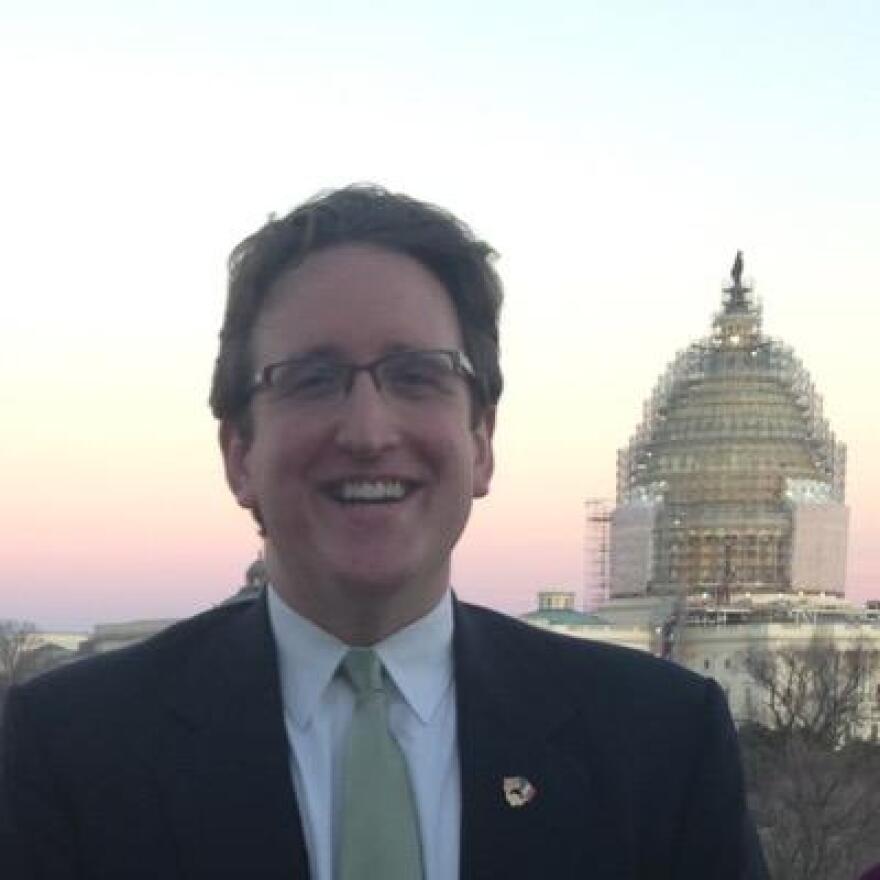Philanthropy West Virginia wasn’t always equipped to handle disaster relief. The three-person non-profit organization based in Morgantown works year-round to help philanthropists maximize their impact through their donations, in part by learning from the mistakes and successes of similar organizations across the country.
But as volunteers, hospitals and shelters spring into action in flood-affected areas of the southern part of West Virginia, Philanthropy West Virginia has been working behind the scenes to ensure that donors nationwide know how to best help those recovery efforts.
When Paul Daugherty, the president and CEO of Philanthropy West Virginia, described the organization’s mission, he evoked the persona of a marriage counselor.
“We want to make sure that the public – locally, regionally, nationally – know what entities to give to,” he said. “And so that’s one key thing – is just communicating to folks about the resources.”
Philanthropy West Virginia is in the business of communication, acting as the liaison between donors and charity organizations. The non-profit does not work on the ground, but rather relays what flood victims need to the people across the nation who want to give. It works with national and state-wide volunteer and emergency response groups to try to reduce the number of well-intentioned donors who send victims items they don’t need. It also provide a list of reputable organizations that are accepting donations in flood-affected counties to help donors avoid scammers.
“And every other day I’m email, texting, Facebooking, um, tweeting on a phone with someone with someone on the ground saying, ‘What are the needs? Where can we direct resources?’” Daugherty said.
This is the first time that Philanthropy West Virginia has been in a place to support volunteers on the ground. It follows the Disaster Philanthropy Playbook, a guide for philanthropies in times disaster that an organization in New Jersey created after Hurricane Sandy. Daugherty said New Jersey learned so much about long-term relief after the 2012 hurricane – they didn’t realize how many lawsuits would arise once victims were ready to return or relocate to their homes, and they didn’t realize how long the long-term recovery process would take.
“What’s happened here with this tragic event, this horrific flood, is that there’s going to be many, many months, if not years, of recovery required. And we want to involve everybody at the table to make sure they have a strong quality of life in their homes as well as in their neighborhoods and in their communities,” Daugherty said. “And that’s something that we all have to be a part of that dialogue with.”
Daugherty acknowledged that many flood victims don’t know what they’re doing tomorrow, much less next week. So Philanthropy West Virginia is continuing to help philanthropies address short-term problems while looking down the road for long-term recovery needs. Meanwhile, Daugherty said he and his staff are learning from the mistakes made by organizations in other states while using the West Virginian spirit to move forward in the recovery process.























